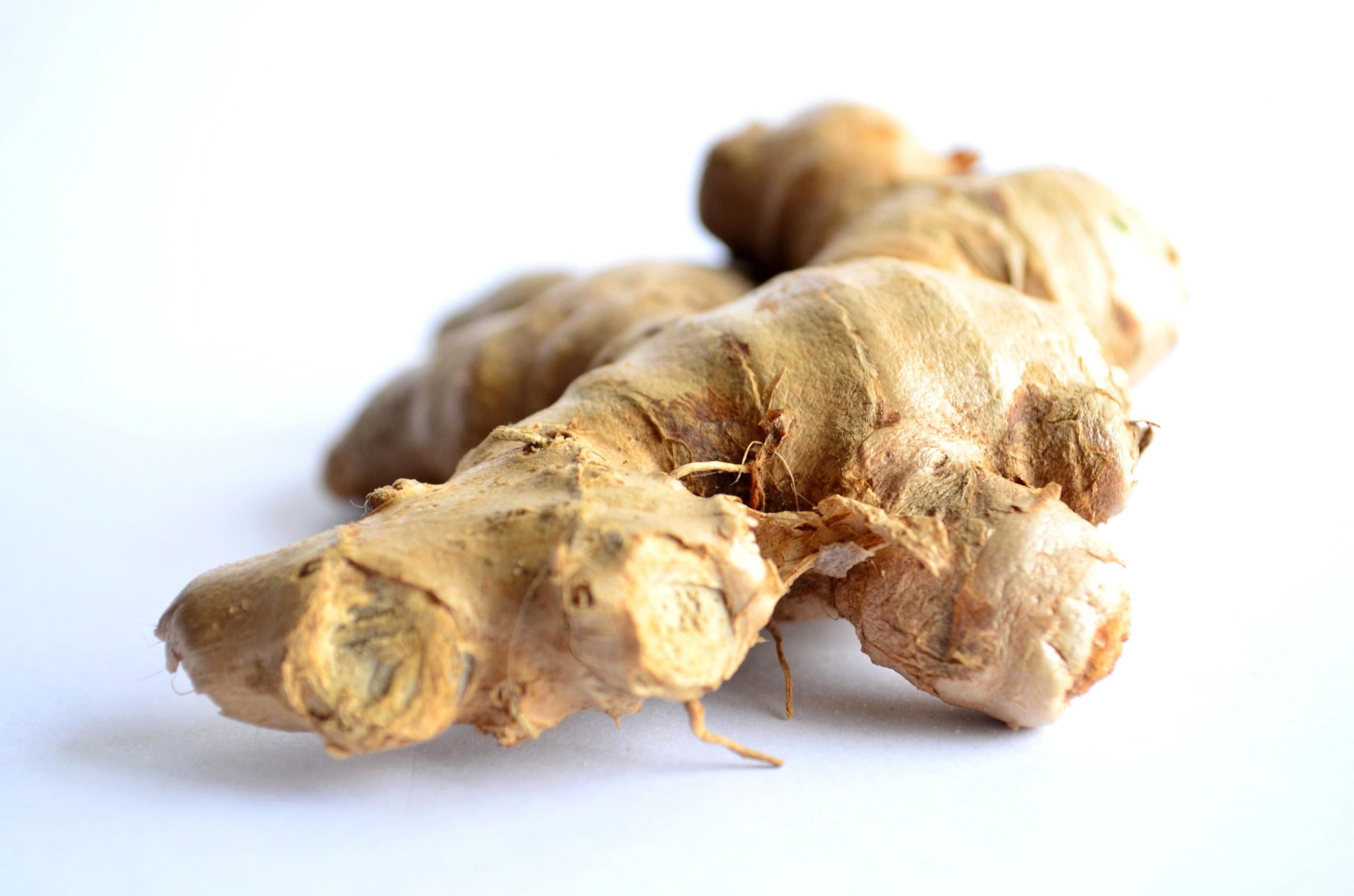
Introduction: 🌿🌸 Welcome to another informative blog post! In this edition, we will explore the potential benefits of ginger root for migraine relief. Migraines can be debilitating, causing intense pain, nausea, and sensitivity to light and sound. Ginger root, known for its medicinal properties, has been used for centuries to alleviate various ailments, including headaches. Join us as we dive into the world of ginger root and discover how it may provide natural support for those who suffer from migraines.
Understanding Migraines and their Causes: 🌟 Migraines are a type of headache characterized by intense, throbbing pain, often accompanied by other symptoms such as nausea, vomiting, and sensitivity to light and sound. While the exact cause of migraines is not fully understood, various triggers, such as stress, hormonal changes, certain foods, and environmental factors, can contribute to their onset.
The Potential Benefits of Ginger Root for Migraine Relief:
- Anti-Inflammatory Properties: 🌿🔥 Ginger root contains potent anti-inflammatory compounds, including gingerols and shogaols, which can help reduce inflammation and swelling associated with migraines. Inflammation plays a role in migraine development, and ginger root’s anti-inflammatory effects may help alleviate symptoms.Additionally, some studies have suggested that ginger’s anti-inflammatory properties may inhibit the production of certain inflammatory chemicals in the body, potentially reducing the frequency and severity of migraines.
- Pain Relief and Headache Management: 🌿⚡ Ginger root has been traditionally used for its analgesic properties, which may help relieve pain associated with migraines. Gingerols in ginger root are believed to act on receptors in the brain involved in pain perception, potentially reducing the severity and duration of headaches.Moreover, ginger’s pain-relieving properties are thought to stem from its ability to block certain enzymes that promote inflammation and pain in the body. By inhibiting these enzymes, ginger may provide natural relief from migraine headaches.
- Anti-Nausea and Digestive Support: 🌿🤢 Nausea and digestive disturbances often accompany migraines. Ginger root has a long history of use in reducing nausea and soothing the digestive system. Gingerols and other compounds in ginger root are believed to exert anti-nausea effects by acting on the gastrointestinal system and central nervous system.Ginger’s anti-nausea properties may be particularly beneficial for individuals who experience migraines with accompanying gastrointestinal symptoms. By alleviating nausea and supporting healthy digestion, ginger root may provide holistic relief for migraine sufferers.
- Vasodilation and Blood Flow Regulation: 🌿💨 Migraines are often associated with changes in blood flow and vasodilation (widening of blood vessels) in the brain. Ginger root has been suggested to possess properties that help regulate blood flow and counteract these vascular changes.Research has indicated that ginger may exert a modulating effect on blood vessels, helping to maintain normal blood flow and prevent excessive dilation. By promoting healthy blood flow, ginger root may contribute to reducing the intensity and frequency of migraines.
- Stress Reduction and Relaxation: 🌿🧘♀️ Stress is a common trigger for migraines. Ginger root has been recognized for its potential stress-reducing and calming properties. The aroma of ginger itself has been used in aromatherapy for relaxation and stress relief.Consuming ginger root or inhaling its aroma through ginger-based products may help induce a sense of calmness, potentially reducing the frequency and intensity of migraines triggered by stress.
Using Ginger Root for Migraine Relief:
- Ginger Root Tea: 🌿☕ To make ginger root tea, peel and thinly slice fresh ginger root. Add the ginger slices to a cup of hot water and let it steep for about 10 minutes. Strain the tea and enjoy it warm. You can drink ginger tea at the onset of a migraine or as a preventive measure by consuming it regularly.To enhance the flavor and potential benefits, you can add a squeeze of fresh lemon juice or a teaspoon of honey to the ginger tea.
- Ginger Root Supplements: 🌿💊 Ginger root supplements, such as capsules or extracts, are available in health stores. When choosing a supplement, look for one that contains standardized ginger extract and follow the recommended dosage instructions. It’s advisable to consult with a healthcare professional before starting any new supplement regimen, especially if you have underlying health conditions or take other medications.
- Incorporating Ginger into Meals: 🌿🍛 You can include ginger root in your cooking and meals to enjoy its potential migraine-relieving benefits. Add freshly grated ginger to stir-fries, curries, soups, or marinades for a zesty and flavorful twist. Ginger can also be added to smoothies, juices, or salad dressings for a refreshing kick.Experiment with different recipes and cuisines to incorporate ginger root creatively into your diet and discover the flavors and combinations that work best for you.
Precautions and Considerations: 🌿⚠️ Keep the following points in mind when using ginger root for migraine relief:
- Individual Sensitivities: While ginger root is generally safe for most people, some individuals may experience mild side effects such as heartburn, stomach upset, or allergic reactions. If you have any concerns or pre-existing medical conditions, consult with a healthcare professional before using ginger root for migraine relief.
- Medication Interactions: Ginger root may interact with certain medications, such as blood thinners and antiplatelet drugs. If you are taking any medications, consult with your healthcare provider to ensure there are no potential interactions.
Conclusion: 🌿✨ Ginger root, with its anti-inflammatory, analgesic, anti-nausea, and potential blood flow-regulating properties, holds promise as a natural support for migraine relief. Whether consumed as tea, incorporated into meals, or taken as a supplement, ginger root may provide a complementary approach to managing migraines and reducing their impact on daily life.
However, it’s important to remember that ginger root is not a substitute for professional medical advice. If you experience chronic or severe migraines, it is recommended to consult with a healthcare professional for a proper diagnosis and personalized treatment plan.









